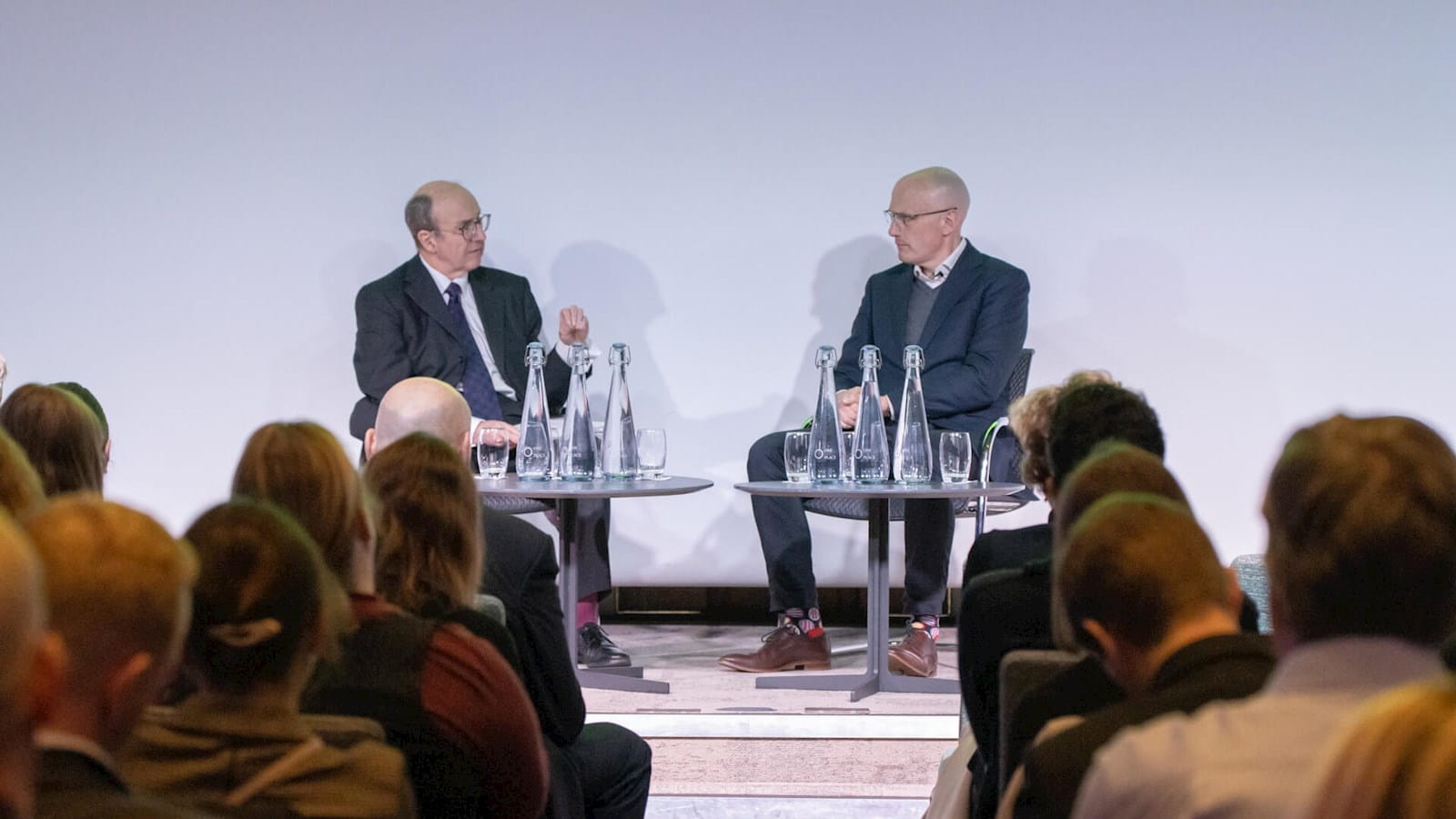
On 5 March 2024, ICAEW delivered its inaugural Corporate Governance Conference, exploring themes around restoring trust in corporate governance, avoiding a US style SOX regime, preventing disorderly collapses, and the evolving role of audit committees.
In the wake of high-profile corporate collapses like Carillion, Thomas Cook, and the shocking stories emerging from the Post Office Horizon scandal, the discussion around corporate governance has never been more pressing. On 5 March 2024, ICAEW delivered its inaugural Corporate Governance Conference which delved into this crucial topic, attempting to propose solutions to avoid disorderly corporate failures in the future. Amidst discussions involving the government, regulators, accountancy professionals, investors, and broader stakeholders, one recurring theme stood out—the pivotal role of boards.
Richard Moriarty, CEO of the FRC, posed a fundamental question: before pointing fingers at auditors, where were the boards? Moriarty's stance on the need for boards to "think for themselves" in terms of internal controls and assurance resonated strongly.
The conference hosted various sessions related to restoring trust in corporate governance, avoiding a US style SOX regime, preventing disorderly collapses, and the evolving role of audit committees. Insights from sessions emphasised the importance of regulatory controls and the role of NED’s, chairs, and senior executives.
Peter van Veen, Director of Corporate Governance & Stewardship at ICAEW, encapsulated the takeaways from the conference with seven key questions for boards to ponder. These questions, ranging from assessing the adequacy of skills to evaluating organisational culture and business responsibility, provide a comprehensive framework for proactive governance.
In conclusion, the Corporate Governance Conference shed light on the evolving landscape of corporate governance. It emphasised the imperative for boards to embrace proactive thinking, robust risk management practices, and a culture of accountability to mitigate the risk of disorderly corporate failures. As businesses navigate an increasingly complex and uncertain environment, the onus lies on boards to lead with foresight, integrity, and responsible stewardship.
Richard Moriarty, CEO of the FRC, posed a fundamental question: before pointing fingers at auditors, where were the boards? Moriarty's stance on the need for boards to "think for themselves" in terms of internal controls and assurance resonated strongly.
The conference hosted various sessions related to restoring trust in corporate governance, avoiding a US style SOX regime, preventing disorderly collapses, and the evolving role of audit committees. Insights from sessions emphasised the importance of regulatory controls and the role of NED’s, chairs, and senior executives.
Peter van Veen, Director of Corporate Governance & Stewardship at ICAEW, encapsulated the takeaways from the conference with seven key questions for boards to ponder. These questions, ranging from assessing the adequacy of skills to evaluating organisational culture and business responsibility, provide a comprehensive framework for proactive governance.
In conclusion, the Corporate Governance Conference shed light on the evolving landscape of corporate governance. It emphasised the imperative for boards to embrace proactive thinking, robust risk management practices, and a culture of accountability to mitigate the risk of disorderly corporate failures. As businesses navigate an increasingly complex and uncertain environment, the onus lies on boards to lead with foresight, integrity, and responsible stewardship.
The new boardroom agenda
Articles, videos and podcasts exploring the crucial role board members play in ensuring their organisation’s long-term sustainability amid complex risks.
